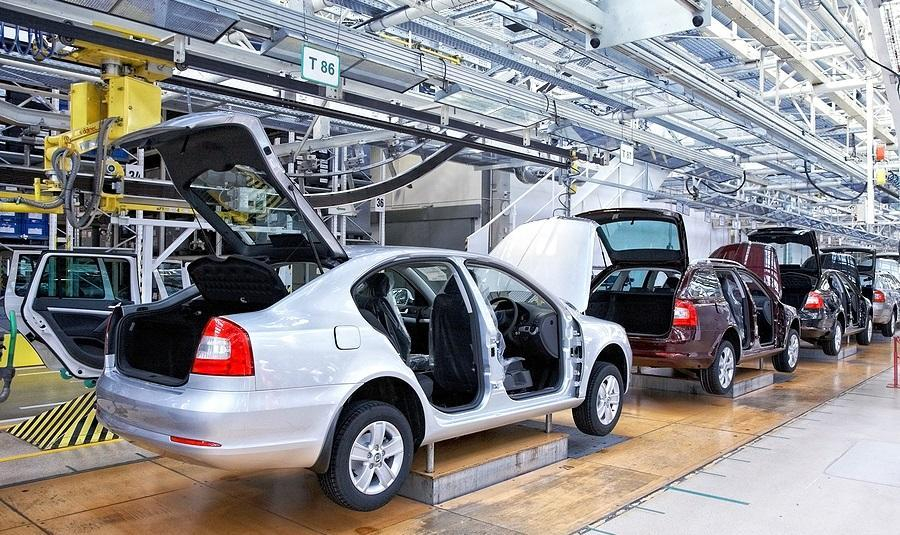Analysis

February 11, 2021
GM Sees Billion-Dollar Hits from High Steel Prices, Chip Shortage
Written by Michael Cowden
General Motors warned that high steel and metals prices combined with a global chip shortage could cost it billions.
“We expect commodity prices to be a significant headwind as platinum group metals and steel prices have seen major increases in recent weeks and months,” GM Chief Financial Officer Paul Jacobson said in a recent earnings conference call.
![]() The Detroit-based automaker has seen steel and platinum group metals (PGM) costs rise by approximately 120% since May of 2020, Jacobson said.
The Detroit-based automaker has seen steel and platinum group metals (PGM) costs rise by approximately 120% since May of 2020, Jacobson said.
“That’s a couple of billion dollars,” he said. “I would say that we’re making some strides to offset that. And we’re going to continue to target where we can in order to drive savings to help offset that.”
Automakers typically buy steel on contract terms. Such contracts often trend with spot prices on a lag.
Steel Market Update’s average weekly spot hot-rolled coil price stands at $1,180 per ton ($59/cwt), an all-time high. That figure is up 9.3% from $1,080 at the beginning of the year and up 151% from $470 per ton in mid-May.
GM also expects the global chip shortage to dent its bottom line in 2021 to the tune of $1.5-$2.0 billlion, according to guidance released along with its fourth-quarter earnings results. The company said it would allocate chips with a focus on maintaining production of full-size trucks, SUVs and electric vehicles.
The chip issue has already forced GM to extend production shutdowns at three North American plants–one each in Canada, the United States and Mexico–through at least mid-March. “Obviously, the situation is very fluid, and you’ve seen that from various manufacturers across the board,” Jacobson said.
Most major automakers, including Ford and Stellantis (formerly FCA LLC), have been impacted by the chip shortage.
GM is trying to maintain production of vehicles that sport higher profit margins. “So where we are taking chips from are vehicles where we either have a little bit more inventory or, more importantly, we’ve got production gaps in the back half of the year or capacity to be able to make that up,” he said.
One thing that doesn’t appear to have been dented is demand for GM’s more profitable vehicles. The company is operating at “full capacity” when it comes to production of full-size SUVs and trucks, and projections are that it will continue to do so for the rest of the year, Jacobson said.
All told, GM posted solid financials for 2020 despite the impact of the COVID-19 pandemic. The automaker recorded net income of $6.43 billion last year, down only 4.7% from $6.73 billion in 2019. And the company swung to a profit of $2.85 billion in fourth-quarter 2020 after posting a loss of $194 million in the year-ago quarter.
By Michael Cowden, Michael@SteelMarketUpdate.com







